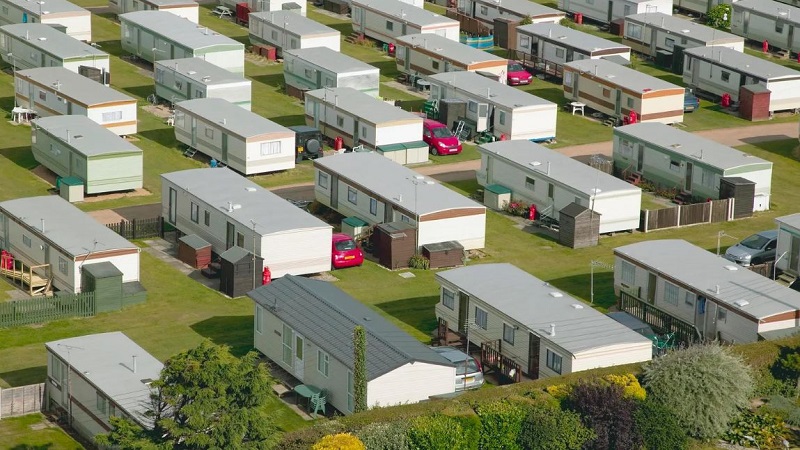Starting a mobile home park can be a lucrative investment, but it requires careful planning and execution. This comprehensive guide will walk you through the essential steps from conceptualization to operation. Whether you’re securing funding, choosing a location, or complying with legal requirements, each step is critical to establishing a successful mobile home park. By the end of this article, you’ll have a clear roadmap for launching your mobile home park business.
1. Choose the Name for Your Mobile Home Park
Choosing the right name for your mobile home park is crucial as it reflects your brand and can attract potential residents. Consider a name that is catchy, easy to remember, and gives an idea of the atmosphere and community you wish to cultivate. Ensure the name isn’t already in use and register it to protect your brand.
2. Develop Your Mobile Home Park Business Plan
A robust business plan outlines your vision, target market, competitive analysis, marketing strategies, and financial projections. This document is vital for guiding your decisions and attracting investors or lenders. It should detail the scope of your park, including the number and type of units, amenities offered, and growth projections.
3. Choose the Legal Structure for Your Mobile Home Park
Selecting the right legal structure (e.g., LLC, corporation) impacts your liability, tax obligations, and ability to raise capital. Consult with a business attorney to understand the advantages and responsibilities associated with each structure to determine the best fit for your park.
4. Secure Startup Funding for Your Mobile Home Park (If Needed)
Evaluate your capital needs and consider multiple funding sources such as loans, investor equity, or grants. Prepare a compelling pitch and a detailed business plan to secure financing from banks or private investors.
5. Secure a Location for Your Business
The location of your mobile home park directly affects its success. Look for a site accessible to major roads, with desirable amenities nearby, and in a community with a demand for affordable housing. Ensure the land is zoned appropriately for a mobile home park.
6. Register Your Mobile Home Park with the IRS
Register your business with the IRS to obtain an Employer Identification Number (EIN), which is necessary for tax purposes and to open a business bank account. You can apply for an EIN online, by mail, or by fax.
7. Open a Business Bank Account
Opening a dedicated business banking account helps you manage finances better, provides professional record keeping, and increases credibility with customers. Choose a bank that offers favorable terms and services tailored to small businesses.
8. Get a Business Credit Card
A business credit card can help manage company expenses and build your park’s credit history, which may be beneficial for future borrowing. Look for cards with rewards programs and low-interest rates.
9. Get the Required Business Licenses and Permits
Your mobile home park will need various licenses and permits, which vary by location. These may include zoning permits, health and safety inspections, and an operating license. Contact local authorities to ensure compliance with all regulatory requirements.
10. Get Business Insurance for Your Mobile Home Park
Insurance is essential to protect your investment from risks like natural disasters, accidents, or lawsuits. Common policies for mobile home parks include general liability, property insurance, and workers’ compensation.
11. Buy or Lease the Right Mobile Home Park Equipment
Depending on your park’s needs, you may need to purchase or lease equipment for maintenance, landscaping, and office management. Evaluate whether buying or leasing is more cost-effective based on your budget and operational needs.
12. Develop Your Mobile Home Park Marketing Materials
Create professional marketing materials such as brochures, a website, and business cards. These materials should highlight the benefits of living in your park, such as amenities, community events, and any unique selling propositions.
13. Purchase and Setup the Software Needed to Run Your Mobile Home Park
Invest in management software to streamline operations, such as tenant screening, rent collection, and maintenance requests. Effective software saves time and reduces errors, improving overall efficiency.
14. Open for Business
Prepare for opening day by ensuring all services and facilities are in place and operational. Host an opening event to generate interest and attract your first residents. Engage with the community and gather feedback to refine your offerings.
Conclusion
Starting a mobile home park is a significant endeavor that requires detailed planning and dedication. By following these steps, you set a solid foundation for a thriving business that provides value to its residents and returns to its owners. With the right approach, your mobile home park can become a sought-after residential community.
